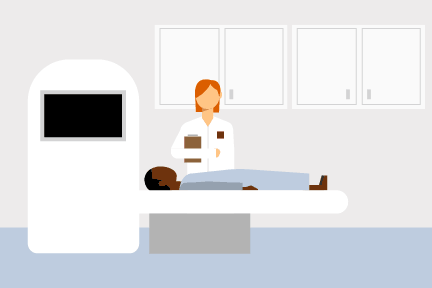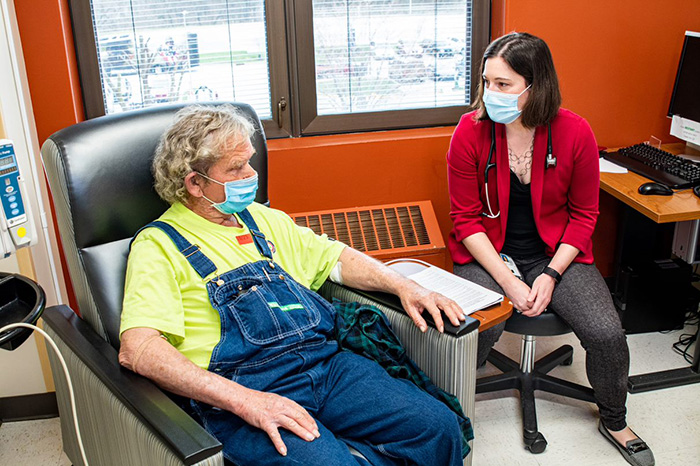Screening for lung cancer with a low-dose CT scan significantly reduces mortality, but only 5.1 percent of eligible Hoosiers participate.
“It takes time for screening to become normalized in our medical community and society,” said Catherine Sears, M.D. “These numbers are not stagnant, and we are seeing increases in the use of low-dose CT scans for lung cancer screening.” Sears is a pulmonologist and a physician-scientist at the IU Simon Comprehensive Cancer Center.
As more people know their benefits and healthcare providers continue to refer their patients, screening rates will continue to increase.
“Screening works because it finds lung cancer at an earlier stage, and we know that decreases the risk of death by at least 20 percent and perhaps as high as 40 percent,” Sears said.
End Lung Cancer Now advocates can play an essential role in promoting the importance of lung cancer screening in their local communities and promoting statewide efforts.






